Ah, giveaways. You can see them on your favorite influencer’s Instagram page down to the scratch-it promo emails you receive. Chances are, you even participated in one, hoping to win a discount voucher or a gift card.
Giveaways have been a staple for brands and businesses over the years. And it’s no surprise since they are highly effective. A simple contest can boost your social media page engagements, generate new leads, and build buzz around your brand.
But have you ever wondered why they are so effective? Why do people go crazy over them? Do people just want to snag a fun prize, or is there something deeper behind it?
We explored the psychology behind it below.
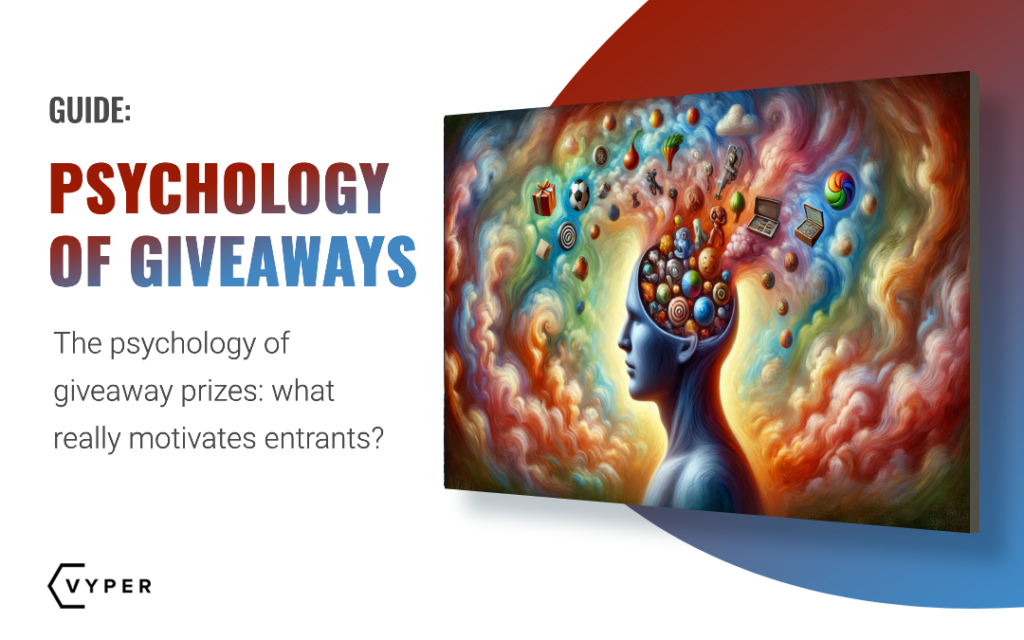
FREE DOWNLOAD: Get all Our Contest & Giveaway Marketing Guides, Checklists, and tutorials that have helped 100’s of brands collect 15k+ emails in under 21 days!
The Psychology of Giveaways: What Motivates People To Join Giveaways?
Giveaways have always effectively boosted a brand’s engagement with its audience or increased its follower count.
Multiple studies and surveys back this.
Contests have a 34% conversion rate, which is higher than that of other content types. Some other data include:
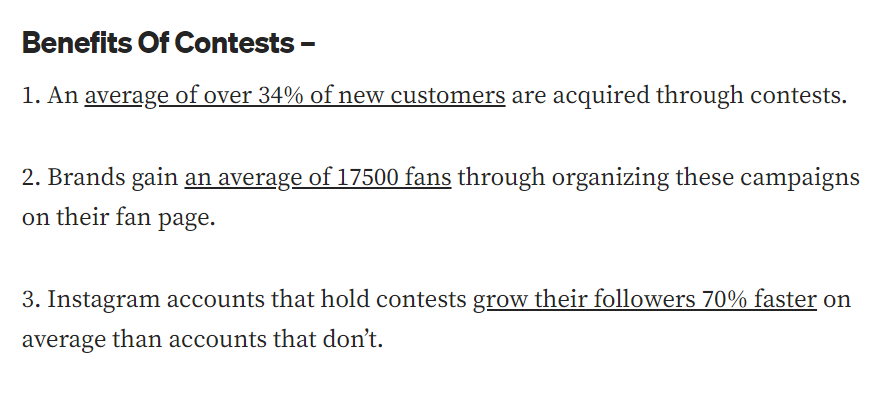
These are just a few benefits of hosting giveaways and contests. More benefits include:
- Generating leads
- Building an email list
- New account sign-ups
- App downloads
- And more!
All these benefits are great for the brands hosting the giveaway or contest. But what truly motivates people to join giveaways? What is the psychology of giveaways?
Here is a list:
- Free stuff
- Perceived value of zero cost
- Obsession with winning
- Influence of people
- FOMO
- Scarcity
- Fun
- Dopamine from completing tasks
Let’s take a closer look at these motivations to understand the psychology of giveaway prizes better.

The Joy of Free Stuff
To put it simply, people love free stuff. I mean, who would want to get something out of a simple contest, right?
An experiment found that people who received a $10 voucher had a 38% rise in oxytocin compared to those who didn’t win anything.
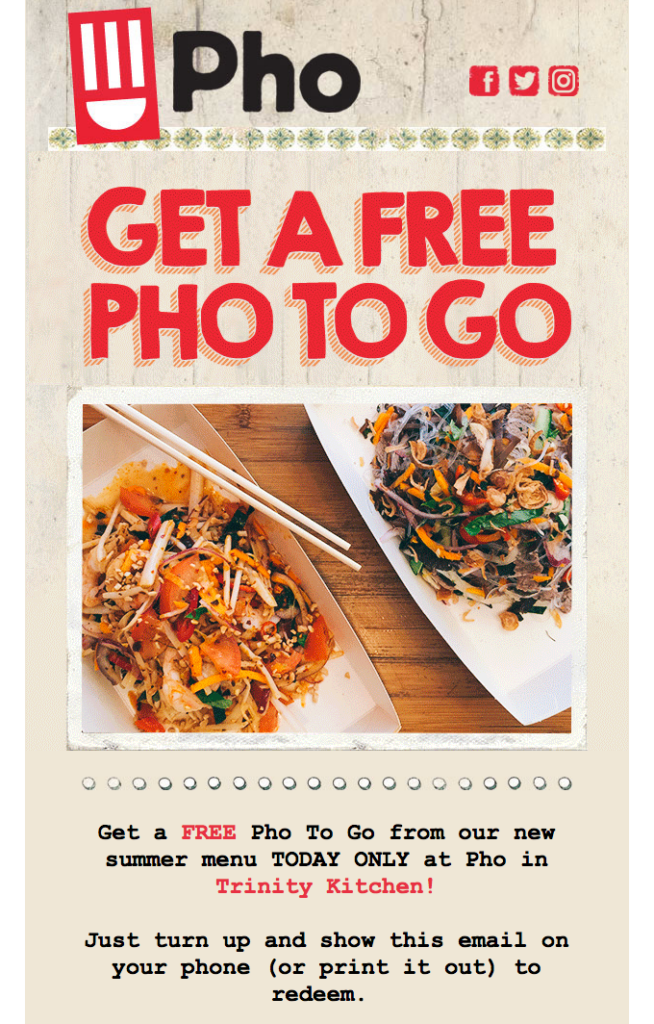
It doesn’t matter whether we win a small voucher or a fancy car. It’s the act of getting something for free that really tickles our brains.
The Perceived Value of Zero Cost
People also tend to value items marked as “free.” They are willing to do anything to get a free item, even if they don’t want it that much. Notice how people will queue for hours just to get a free donut or a free soda? When they could purchase those same products anytime or anywhere they want.
Or how do people fight over pens, keychains, or tote bags in events when, honestly, those are usually not the most aesthetically appealing items (since they were made to be mass-produced)?
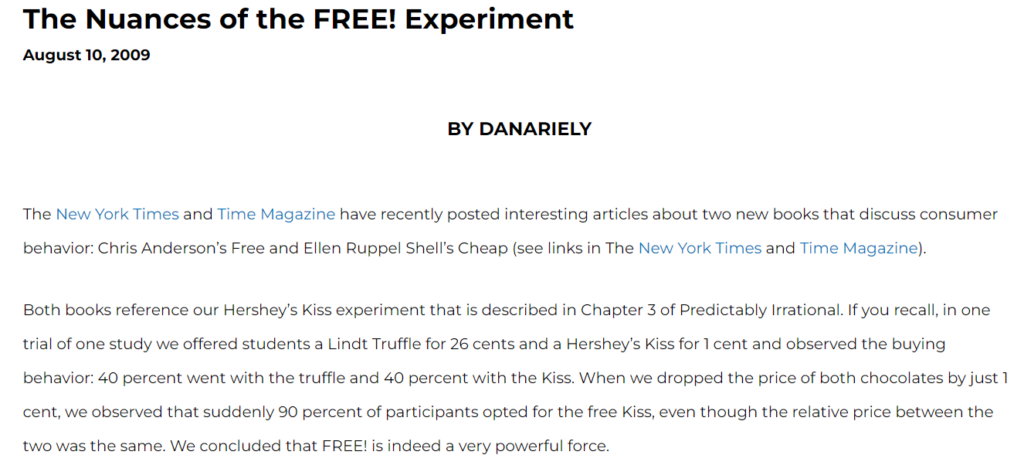
This is called the appeal of zero cost. Products suddenly become more appealing once they are tagged “free.”
The Obsession With Winning
People are hardwired to want to win. This is a big part of the psychology of giveaways.
People enjoy competition – as you can see from the abundance of sporting events, pageants, quiz bees, and the like. Psychologically, people are wired to want the adrenaline rush of winning.
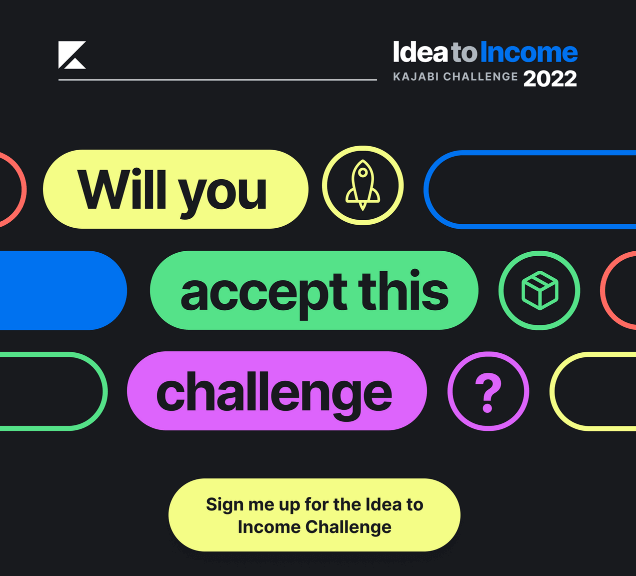
This is why giveaways (and especially contests) are so effective. It delivers a very gratifying experience of people “competing” with each other for a prize and with that boost of adrenaline to the eventual winner.
The Influence of People
Have you ever done something just because everyone is doing it? That’s called social proof and is another factor in the success of a giveaway. Social proof is another crucial factor of the psychology of giveaways.
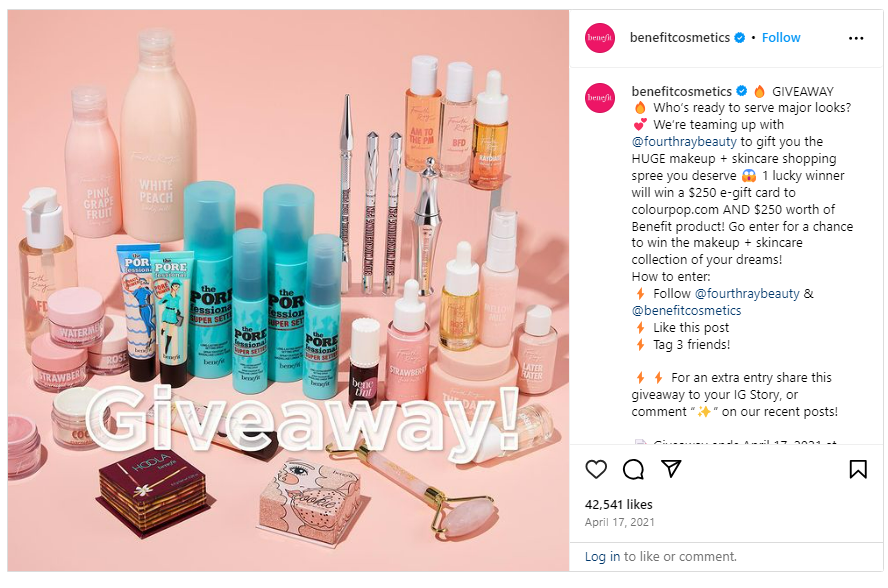
You get more interested when you see a giveaway post and tons of comments and likes on it. It makes you curious. Why are people so into it? Is this a new trend? Is the giveaway prize really that great? So you think to yourself… “Maybe I should try joining too!”
See how that happened? Even if no one personally convinces you, people still influence you. Then the effect is doubled when one of your friends or family actually joins a giveaway since you get another “proof” that you should join in as well.
The FOMO
Another social proof aspect is FOMO, or the Fear of Missing Out.
If everyone is doing it, you should join in, too, because you will be marked as uncool or not “in” with the trends.
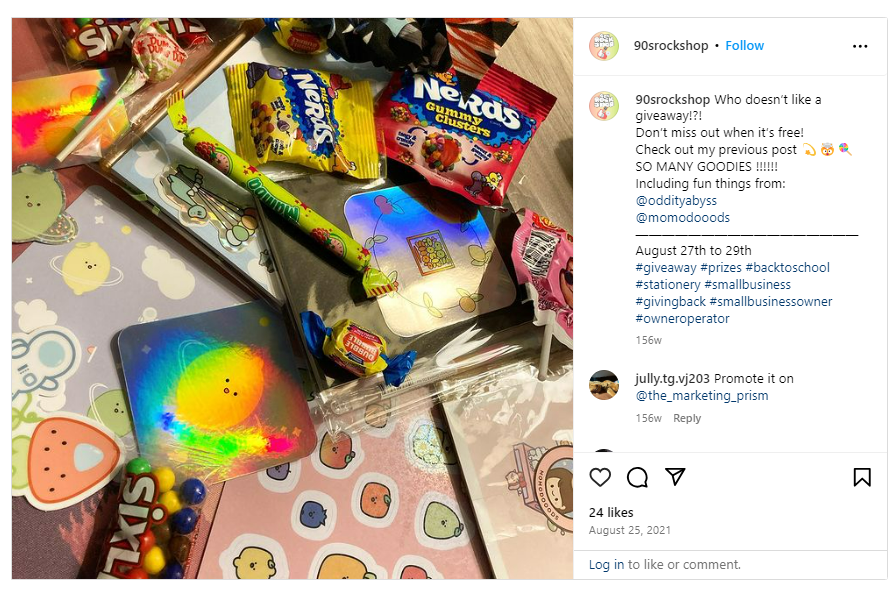
So when you see a giveaway, you will do it even if you may not be deeply invested in the prize since you don’t want to miss out on joining something popular.
The Scarcity
The missing out factor also comes into play with the scarcity of the prize. Giveaways run for a limited amount of time only. They also sometimes give out a rare prize or a product unavailable everywhere else.
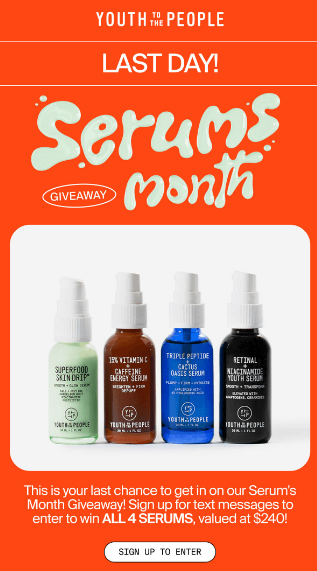
This scarcity and urgency combined will motivate people to join. You want to get your hands on an exclusive prize that you may not be able to get after the contest ends.
The Fun of It
Some people join giveaways just because they find the task or activity for it fun.
Let’s say a giveaway requires you to create a witty pun based on the brand’s name to enter the contest. Writers, aspiring comedians, or people who love jokes will likely participate since they enjoy these activities.
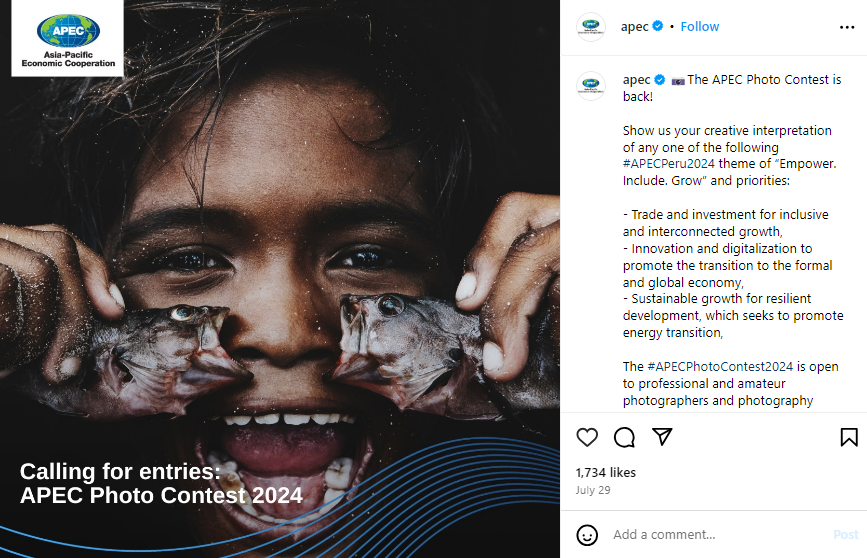
The same goes for artistic contests. Need to send a nice photo? Need to draw a mascot? You’ll bet creative people will likely join in.
Even simpler tasks like solving a riddle or a crossword can entice people to join simply because they enjoy the process of solving puzzles.
The Dopamine from Completing Tasks
Some people find fun differently. For them, it’s for the joy of completing a task.
Our brains are wired to enjoy completing tasks or activities that are assigned to us. This is why people enjoy checklists or to-do lists. Marking a task as “completed” or crossing it off on your list releases dopamine in your brain, which makes you happier and more motivated.
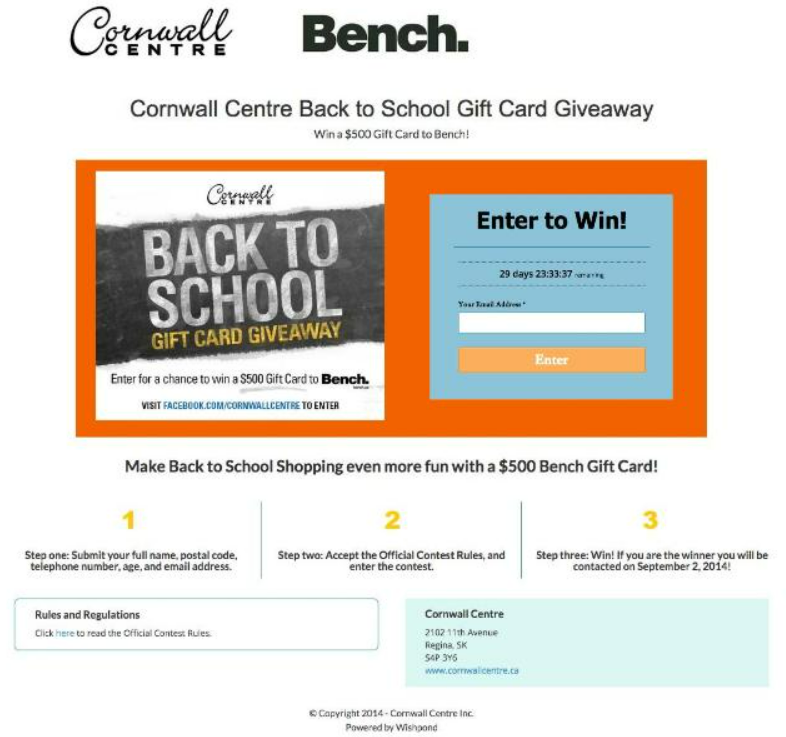
Marketers know this, which is why some giveaways require some tasks or processes to complete before you can enter the contest. They try to induce that same dopamine feeling in your brain through the giveaway.
What Makes a Good Giveaway Prize
Now that you know why people are motivated to join giveaways, you can apply those elements to create the best giveaway prize.
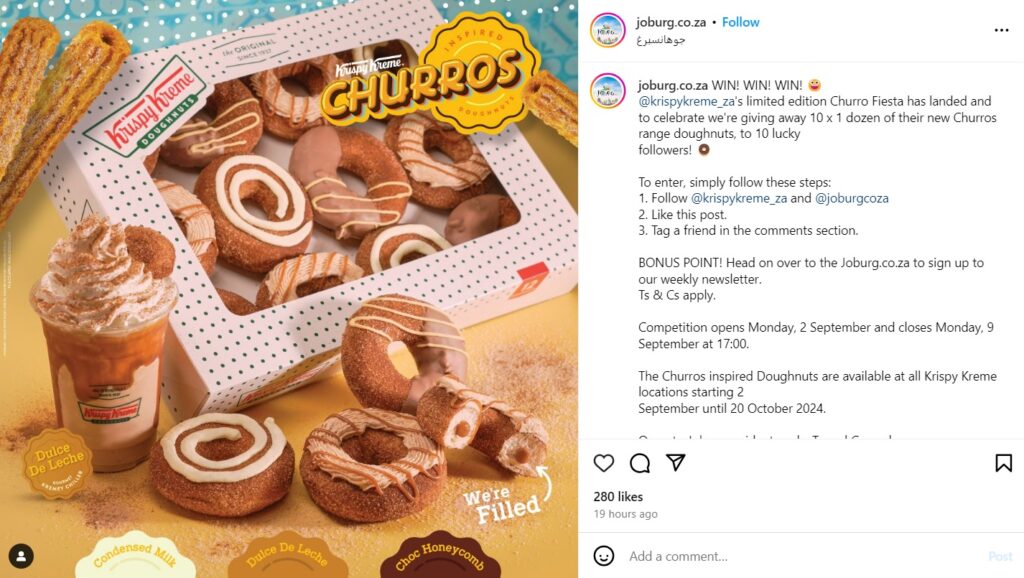
Your prize should be:
1. Free
Getting free products is the most crucial factor in getting people to join a giveaway or a contest.
2. High-value
Expensive and luxurious prizes like plane tickets, cars, meet-and-greets, or a free trip usually get the most attention. People will jump on the opportunity to enter your contest because they dream of getting these high-value products for free.
3. Worthwhile
Prizes don’t always need to be expensive; they just need to be something people will find worthwhile to spend time on. A cute purse, a cosmetics bundle, or a free appetizer are already valuable to some people.
Or at least proportionate to the effort they will use for your contest. A $5 coupon is worthwhile if they only need to enter their email address to win.
4. Relevant
Your prize should be something your audience wants or needs. Fitness brands can offer workout clothes or 15% off gym memberships. Tech brands can offer gadgets or free subscriptions.
5. Unique
The more unique or exclusive your prize, the more engagement it will get. Personalized, homemade, or limited-edition items are more desirable for your customers.
How To Make Giveaways More Effective
A great prize is one of many important elements in your giveaway. The whole process (such as the mechanics or the contest theme) also matters.
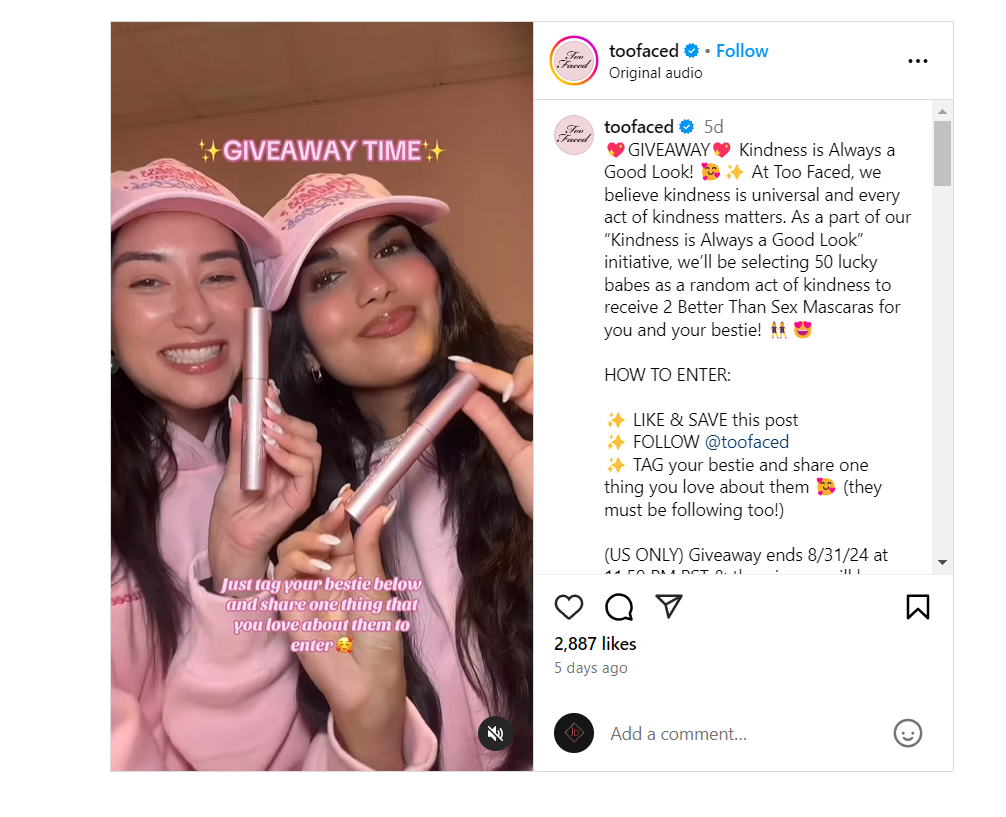
Here are some essential tips to make your giveaways more successful:
1. Find the right balance
How easy or difficult your process is can affect your giveaway’s participation rate. If it’s too complicated, your audience will skip it. If it’s too easy, the prize will seem unworthy.
Find the right balance – it should not be too difficult but still challenging enough that people will feel accomplished once they finish your giveaway.
2. Know your target audience
The contest and the prize should be something your target audience will enjoy. Ideally, your giveaway’s mechanics or tasks should align with your audience’s interests.
If they are music lovers, go for a music-themed contest. If they are fashion-oriented, go for style-related tasks or prizes. And so on. This way, they will be more inclined to join.
3. Add fun activities
Simple mechanics such as liking and sharing or tagging a friend do work since it is low-effort yet yields good prizes.
But add more fun activities if you want to put more buzz into your giveaways. Find some that are related to your brand or prize. For example, you can ask them to solve a mystery, send a selfie using your makeup, or list down their reading wishlist.
These make your giveaway more fun and interactive. They also draw in people who are interested in joining an activity relevant to their interests or skills.

4. Pair it with eye-catching graphics
Make sure your post for the giveaway is visually appealing and eye-catching. Make use of bright colors, creative illustrations, high-quality photos, and strategic call to action (CTA) texts.
5. Make it time-limited
Making your giveaway available for only a short period of time increases its urgency and excitement. People will be more enticed to join if they feel they won’t get another chance of winning.
6. Give out multiple prizes
While a winner-takes-all giveaway contest is exciting for people, you can also consider giving out tiered prizes or having multiple winners.
More chances of winning will encourage people to join since the giveaway will feel more “realistic” and possible for them, compared to a one-in-thousand or one-in-million chance.
7. Show the winner
People tend to doubt the legitimacy of giveaway prizes. We can’t count the number of “Are giveaways real?” posts we’ve seen.
The way to dissuade these doubts is to be transparent with your audience.
Tell them how you plan to pick the winners. And when the giveaway ends, always announce the winner. This shows that your giveaway is indeed legit and credible.
You can also do a follow-up post on social media or send your audience a thank-you email for participating in the giveaway.
Q&A: The Psychology of Giveaways
Don’t do generic contests. Look for activities your audience will want to do or join in on. Make sure the contests are balanced—too easy or too difficult can turn away people.
Aside from getting new customers, brands do giveaways to build awareness and recognition for their business. Always include your logo design, use your brand-approved colors and typography, and always write your captions in line with your brand voice. This helps make your contests more recognizable as a part of your brand.
We incorporated a share or tag guideline into your contest. You can also tap into influencers, use social media, or even run ads such as Facebook Ads. This should help broaden your reach for the contest.
TL;DR: The Psychology of Giveaways
- People don’t just join giveaways for that sweet rush of winning (though that is a major factor!).
- There are tons of human behaviors at play – the social pressure, the joys of fitting in, getting an exclusive prize, successfully completing a task, and so on.
- The best giveaway campaigns are those that tap into these behaviors.
- Forget those generic contests. Make sure your giveaways are aligned with what your target audience will want and how they will potentially act.
- People are not just wired to want to join giveaways. They are also wired to reciprocate after. This is called the “principle of reciprocity” where a person is inclined to give back after getting something for free.
- This psychological and human urge to give back is why giveaways are crucial for building long-term loyalty and engagement for your brand. You give them something, and they will give back their support.
Isn’t it amazing how deep a giveaway can be? Let us know your thoughts in the comments below.

Author Bio
Faviola Publico has been in the digital marketing industry for six years and is currently an SEO Content Writer at BrandCrowd, an online logo design and branding marketplace.
Faviola specializes in branding and content marketing strategies for B2B and B2C companies.
Jack Paxton is the co-founder of VYPER, a marketing tool that helps brands build email lists, social followings, and revenue using viral giveaways, referral, and reward programs. After millions of dollars spent testing different marketing strategies at his marketing agency. He then also co-founded Hyax a fast, conversion & design-focused course and funnel builder for creators.

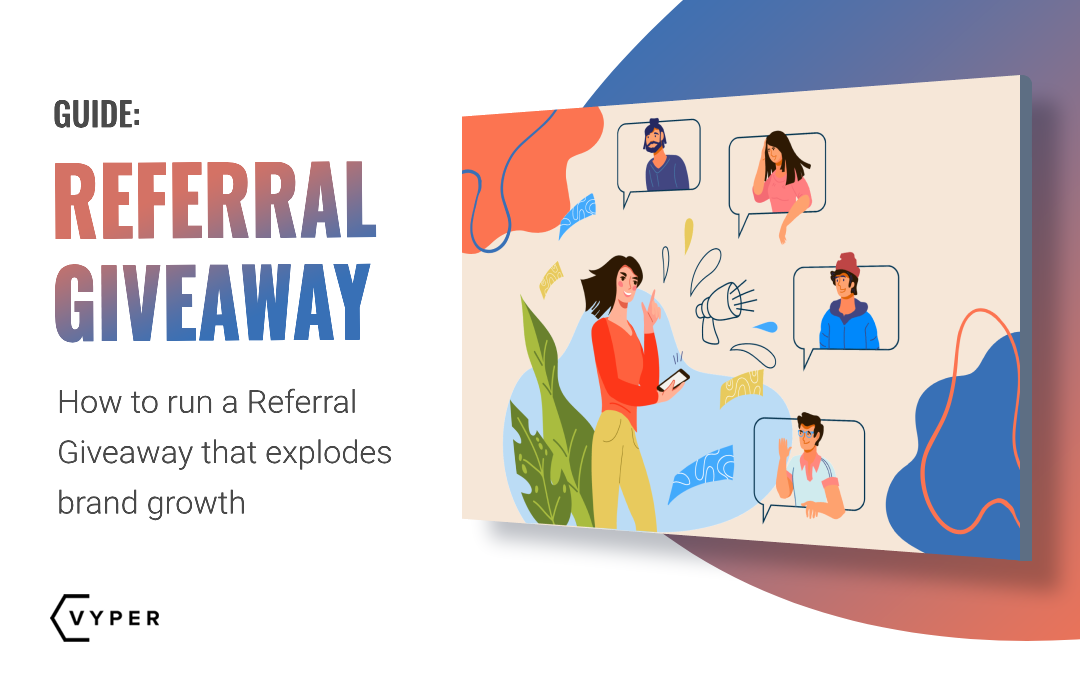
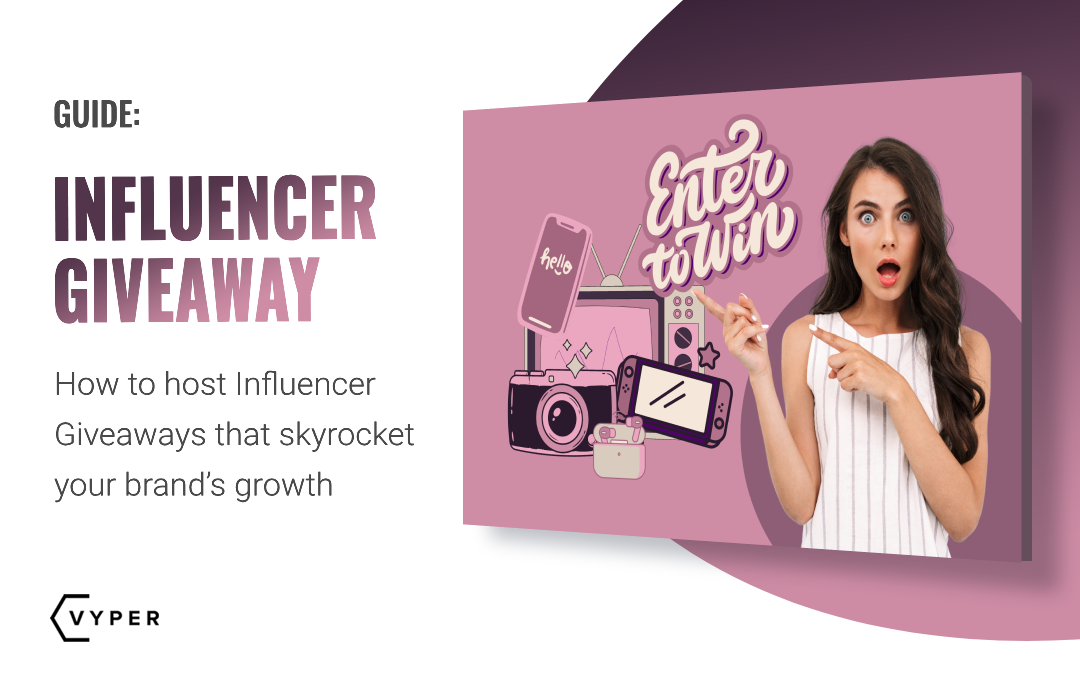
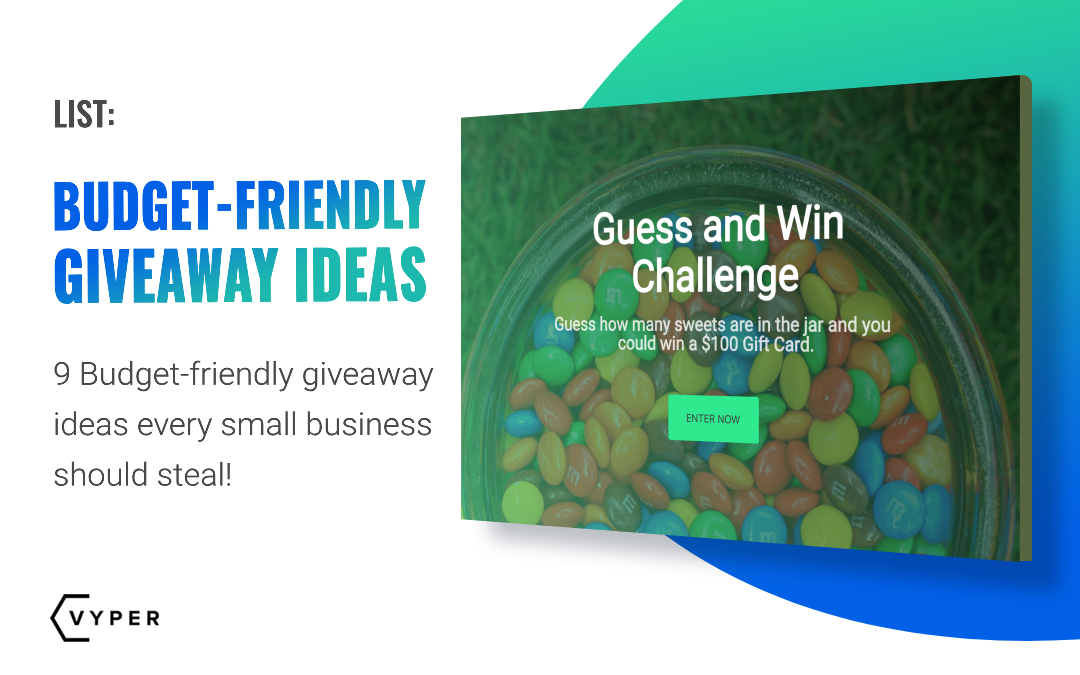
Thank you
Great insights into the psychology behind giveaways! It’s fascinating to learn what truly motivates participants. Thanks for sharing this valuable information!
Such an intriguing read! I really appreciate how you’ve explored the psychology behind giveaways and what motivates people to enter. Your insights into consumer behavior are spot on—definitely valuable for anyone looking to run successful campaigns!
Absolutely!
Understanding the psychology of giveaways is such a smart way to boost engagement and brand loyalty!
Yes. The prize is probably the most influential factor of a giveaway.
That is so exciting to hear. Well done. Please share examples if you can. Thank you.
We have been running Giveaway campaigns for a long time and they have always been successful. Especially when combined with email marketing.
Thanks
This is such a fascinating topic! It’s incredible how much psychology plays a role in something as seemingly simple as giveaways. Your insights on [mention a specific point, e.g., ‘the appeal of exclusivity’ or ‘the power of social proof’] really made me think about how giveaways can tap into deeper human motivations.
I’m curious—do you think the type of prize offered influences participation more than the way the giveaway is structured? It’d be great to see some real-life examples or case studies on what works best.
Thanks for shedding light on this—it’s a game-changer for anyone looking to run a successful giveaway campaign!
Great read! It’s fascinating how giveaways tap into our psychology. I’ve definitely noticed that the thrill of a potential win often outweighs the actual prize for me. It’s all about that excitement and hope! Anyone else feel the same way?
The FOMO – fear of missing out is real issue in today’s soceity.
Great article about psychology..
The article on Vyper’s blog explores the psychology behind giveaways and why they are so effective for engagement and marketing. It highlights key principles like scarcity, reciprocity, and social proof, which create a sense of excitement and urgency for participants. Giveaways tap into our desire for free rewards and exclusivity, motivating users to take action, such as sharing or signing up, while building brand loyalty.
The psychology of giveaways reveals that entrants are primarily motivated by the chance to win valuable prizes with minimal effort. Excitement, social validation, and a sense of scarcity also drive participation. Giveaways tap into human desires for reward and competition.